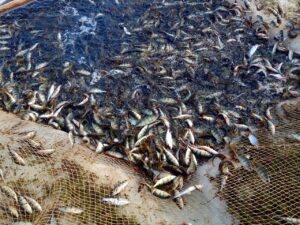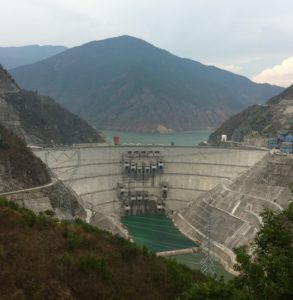Featured News
U.S. West Coast wildfires displace tens of thousands
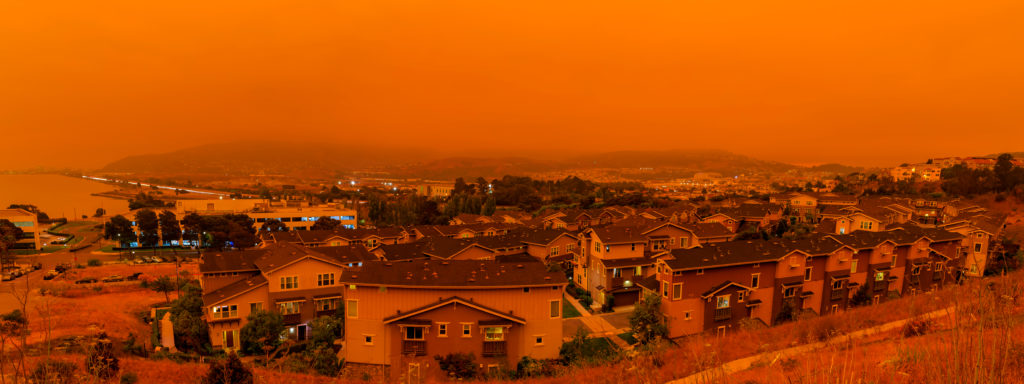
Months of dry winds and record heat have led to unprecedented wildfires across the Western U.S., with haze from the wildfires observed as far east as New York and Washington, DC. While some have insisted that the wildfires are the result of poor forest management, the link to climate change is undeniable. Fires start earlier in the year, last longer, and cause more damage. Amid the crisis, California Governor Gavin Newsom has emerged as a leading voice on the climate crisis and has urged the federal government to recognize the role of climate change in contributing to a devastating wildfire season. In addition to California, the fires prompted evacuations of more than 40,000 people in Oregon, and led to evacuation warnings to over 500,000 citizens.
Scholars and policymakers investigating climate-induced migration often focus on international migration, particularly the movement across the Global South to the U.S. and Europe. Research often focuses on how vulnerable people in less developed countries are most likely to migrate, and how this migration can cause increased tension in destination countries. In early 2020, the United Nations Human Rights Committee (UNHCR) brought international attention to the matter of climate migration after a man from Kiribati, a country in Micronesian threatened by sea level rise, was denied refugee status in New Zealand.
The spread of wildfires across the West Coast has brought increased attention to climate-induced migration within the U.S. Across California, Oregon, and Washington, thousands of homes burned, leaving many evacuees with nothing but what they were able to pack. The New York Times referred to evacuees from the town of Gates, Oregon, as “refugees,” writing that “refugees from the fires were exhausted after five days of living in dingy motels or cars, eating donated pizzas for dinner and, all the while, not knowing whether their homes had burned down or were standing.” As the impacts of climate change grow ever more severe, extreme heat and submerged coastlines could prompt the migration of tens of millions of Americans over the next 45 years. In response, concerted risk planning based on science is needed to build resilience before it is too late.
Argentina takes major steps to combat illegal fishing
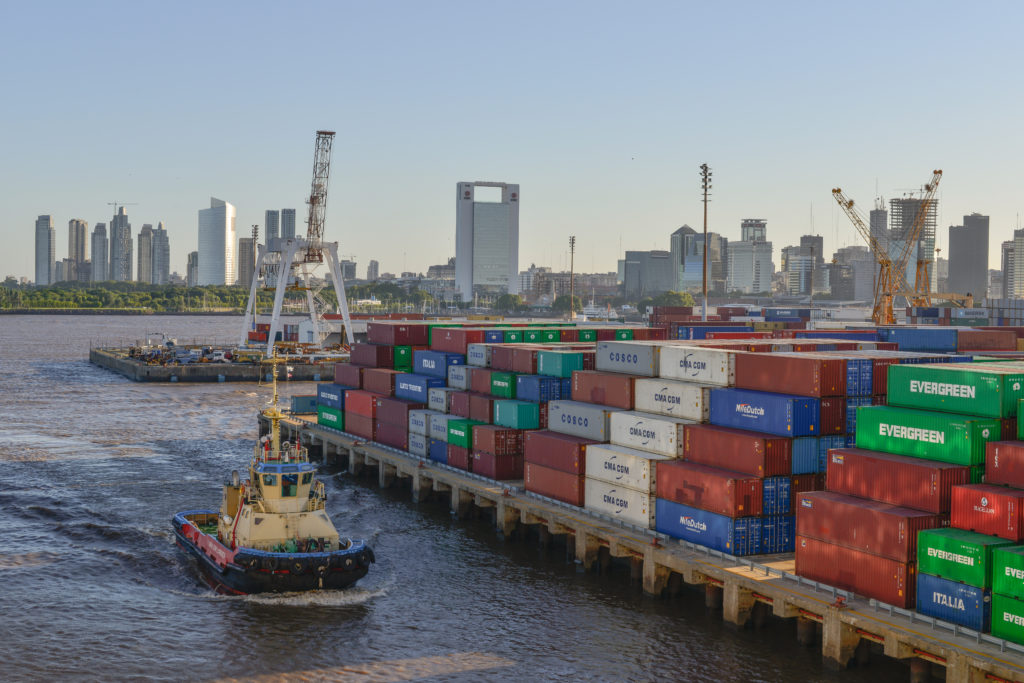
Argentina recently ramped up its efforts to stop illegal, unreported, and unregulated (IUU) fishing taking place within its waters. Most significantly, Argentina’s Southwest Atlantic fisheries protection organization (OPRAS) signed an agreement with the fishing and aquaculture committee of Peru’s National Society of Industries. Their agreement establishes a commission to stop IUU fishing and encourages private industry and non-governmental organizations to participate in coordinated efforts to protect marine resources. Argentina had previously signed similar agreements with Brazil in 2019 and Spain in 2020.
In addition to signing this agreement, Argentina’s Senate passed a major modification to its Federal Fishing Law, which imposes sanctions on national and foreign vessels that fish illegally. This is the first major update to the Law since 1998. The new modifications increase fines imposed on violators, both foreign and domestic, and impose the burden of costs for capturing ships upon the violating party.
These measures come four years after the Argentine Coast Guard sank a Chinese trawler they believed was fishing illegally in their territorial waters. Two years later, Argentina issued an international capture order for five Chinese boats they believed to be illegally fishing within their exclusive economic zone (EEZ). Argentina and Peru are not the only Latin American countries seeking to respond to possible maritime encroachment by Chinese vessels: last month, Ecuador began surveilling the activity of hundreds of Chinese fishing vessels operating just outside their EEZ and the protected marine reserve around the Galápagos Islands. In addition to stoking geopolitical tension between China and the countries of the Latin American region, IUU fishing by Chinese distant water fishing fleets threatens the sustainability of Latin America’s marine ecosystems and the future of their marine populations. Despite this progress, it remains to be seen if greater fines will be levied against the offending vessels.
Wildfires endanger biodiversity in Brazil’s Pantanal region
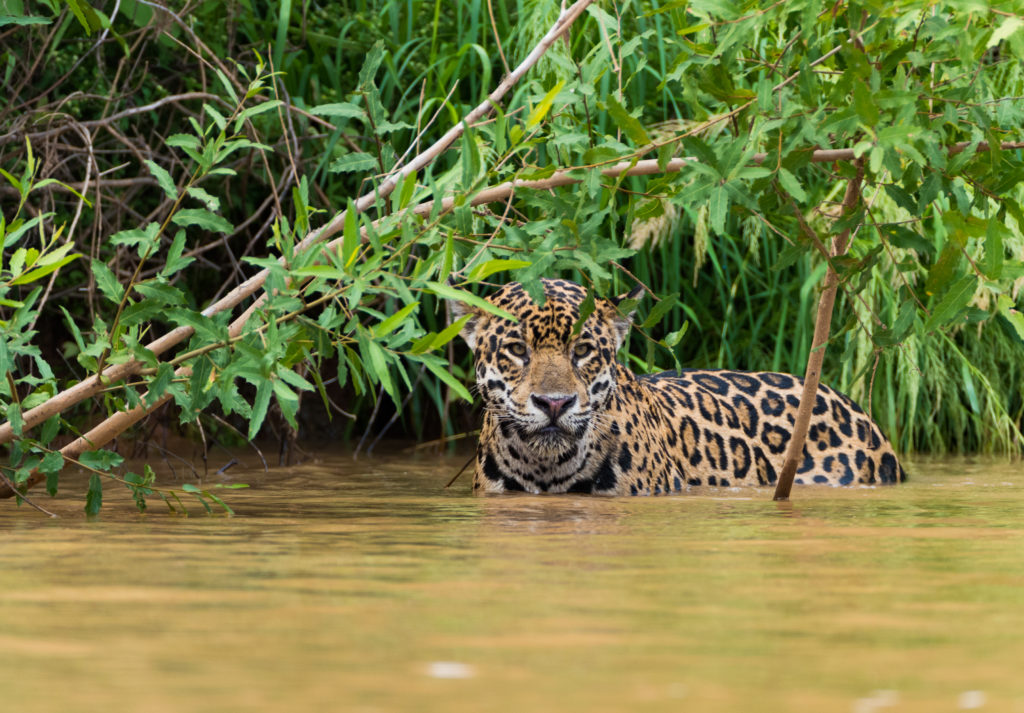
Beginning in mid-July, wildfires continue to burn in the Pantanal region of Brazil, the world’s largest wetland. The Pantanal is located primarily in the southwestern Brazilian state of Mato Grosso do Sul and extends into Bolivia and Paraguay. It typically experiences heavy flooding during the rainy season (from December to March); however, warming in the Atlantic Ocean has prompted intense drought and caused the Paraguay River, which runs through the Pantanal, to recede to its lowest point since 1973. The fires threaten numerous species, including caimans, tapirs, and monkeys. The Pantanal is also home to the world’s densest population of jaguars, and it is estimated that at least 200 have already died from the wildfires this year.
At 75,000 square miles, the Pantanal often receives less international attention than Brazil’s 2.12 million square mile Amazon Rainforest. However, the Pantanal and the Amazon are deeply connected: rain in the Amazon is typically transformed by trees into water vapor, which is transported by winds into neighboring regions. Destruction of the Amazon has far-reaching implications for other regional ecosystems, including the Pantanal. The Pantanal’s ecosystem benefits include the regulation of floodwaters, nutrient renewal, river flow for navigability, groundwater recharge, and carbon sequestration. These benefits are critical to the food, economic, and environmental security of the three South American nations which share the Pantanal.
Furthermore, according to the United Nations’ Fifth Global Biodiversity Outlook Report, released on September 15, the world has failed to meet any of the Aichi Biodiversity Targets in the ten years since they were developed. In 2010, leaders from 196 countries gathered in Japan to develop the Aichi Biodiversity Targets, a set of 20 goals to combat biodiversity loss over the ensuing decade. This year’s Pantanal fires have left an area of charred land larger than New York City. While Brazil, Bolivia, and Paraguay implemented the Tri-National Initiative for the Integrated and Sustainable Development of the Pantanal in 2018, evidence suggests that more need to be done to ensure the future resilience of this landscape.
In Case You Missed It
Species have declined by 68 percent globally in 45 years—but reversing biodiversity loss is still possible

The World Wildlife Fund (WWF) released its Living Planet Report 2020, which examines the ways that human behavior continues to devastate global populations of wildlife. The report highlights WWF’s Living Planet Index, which for decades has tracked the abundance of mammal, amphibian, reptile, and fish populations around the world. The 2020 Index shows an average population decline of 68% between 1970 and 2016, with the most dramatic declines seen in Latin America & the Caribbean. The report also employs artificial intelligence to model future possible scenarios for halting and reversing terrestrial biodiversity loss, with a focus on conservation and the transformation of the modern food system. As WWF International’s Director General, Marco Lambertini, notes in the foreword, at stake is not only the Earth’s wildlife, but also “the health, well-being and prosperity, indeed the future, of nearly 8 billion people.”
Vietnamese Deputy Prime Minister calls for increased measures to combat IUU fishing by Vietnamese fleets
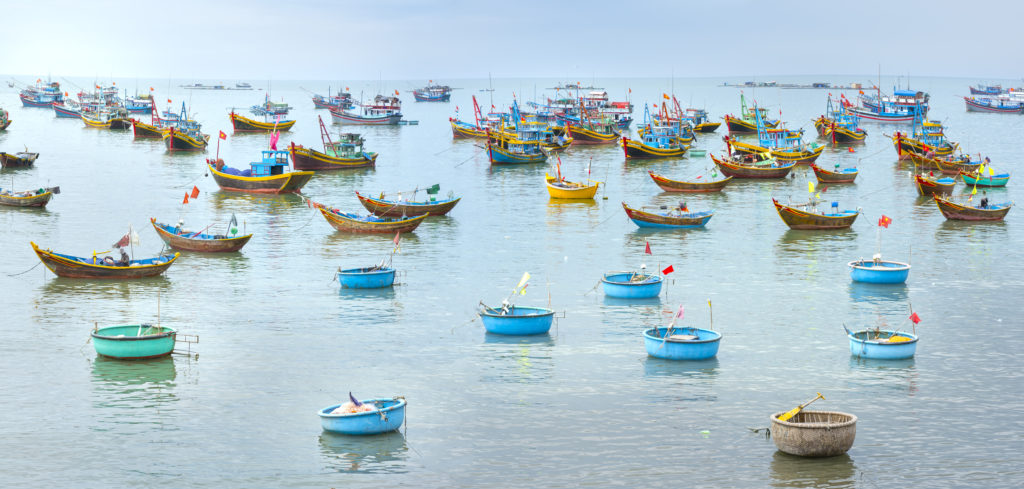
The Deputy Prime Minister of Vietnam Tinh Dinh Dung has called for further action to combat IUU fishing, in an apparent effort to have the EU lift its 2017 yellow card. After the EU issued its yellow card, Vietnam established a new 2017 Fishing Law and established working group to implement the law, while improving surveillance of Vietnamese vessels fishing in foreign waters. Eighty percent of vessels of 15 meters or more are now equipped with vessel monitoring systems. Despite this progress, Dung noted concern about slow implementation in several localities, and called upon the Ministry of National Defence to intensify patrols in overlapping or undefined waters. In addition to the economic losses sustained by countries, there are environmental risks associated with IUU fishing. Sixty four percent of fisheries in the Southeast Asia region are at medium to high risk from overfishing.
Citizens of Mauritius demand resignation of Prime Minister Jugnauth amid disastrous oil spill
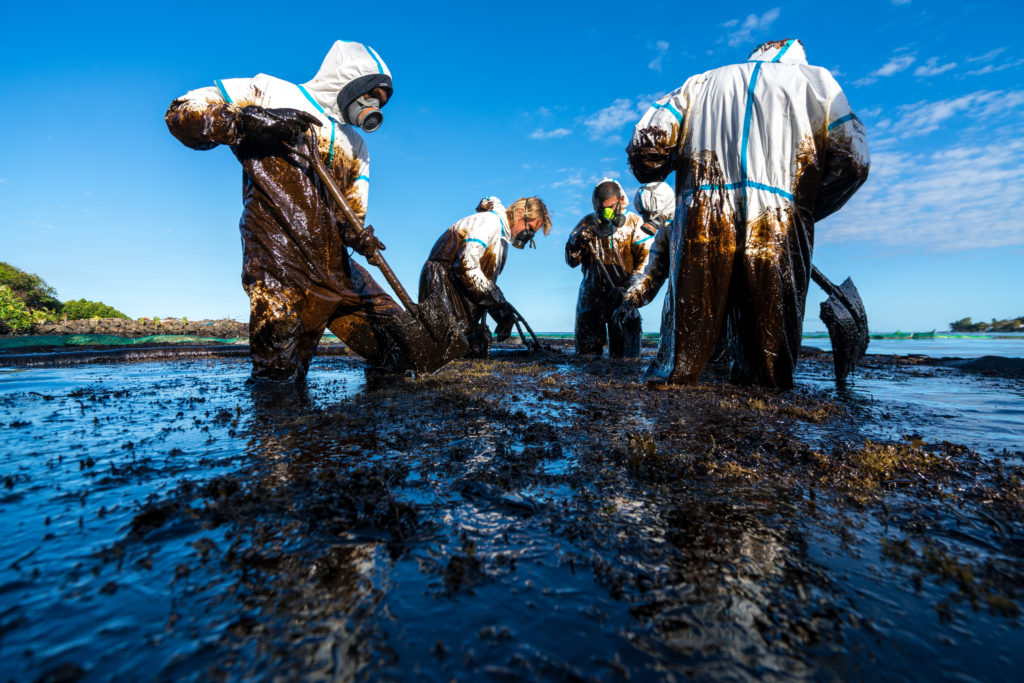
One month after the disastrous oil spill off the coast of Mauritius, one tenth of the island nation’s population marched to protest the government’s response, demanding the resignation of Prime Minister Pravind Jugnauth and other high-ranking officials. The oil spill occurred after a Japanese ship strayed miles off course and struck a coral reef on July 25. While volunteers used makeshift ocean booms to contain 75 percent of the oil; the potential impact of water-soluble compounds found in the oil, which could not be contained, remain unknown. At risk of long-term damage are coral reefs, mangroves, and endangered plant and wildlife. The protests were organized in the Mauritian capital, Port Louis, and in the coastal city of Mahébourg, in what Africa News characterized as the largest rally the nation has seen in 40 years.
European Parliament votes to improve seafood traceability

The European Parliament’s Committee on the Environment has voted in favor of a set of key steps to improve traceability in seafood supply chains. Among other measures, the Committee voted in favor to (1) increase vessel tracking and require catch reporting on all EU vessels, (2) require cameras on board vessels to verify documentation of seafood catches, and (3) to migrate seafood traceability systems from a paper-based to a digital format. The Committee on the Environment will soon call upon the Committee on Fisheries to affirm these measures in an upcoming vote. Seafood traceability is central to ensuring the long-term sustainability of fisheries, the health of marine ecosystems, and the eradication of IUU fishing.
As climate displacement accelerates, is the U.S. next?
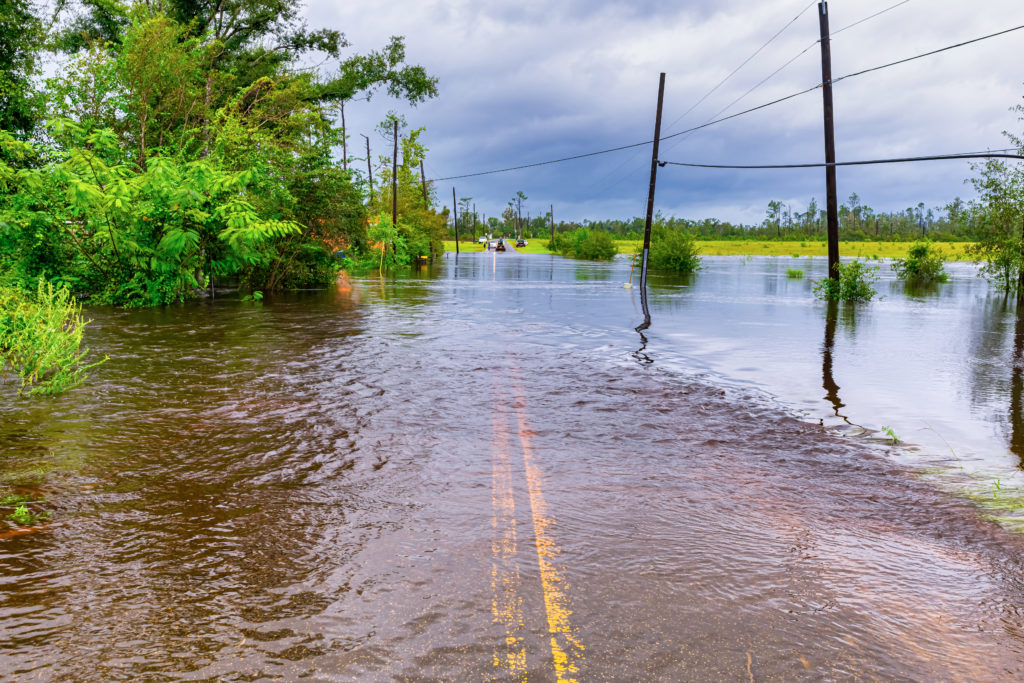
From the extreme storms in the Atlantic and Gulf coasts to historic fires in the West, the United States is facing the impacts of climate change firsthand. As people flee from ecological disasters, the U.S. faces questions about how to respond to climate displacement, both in the form of evacuation and long-term climate migration. In a commentary, Stimson’s Environmental Security Director Sally Yozell and Research Associate Jack Stuart argue that to effectively safeguard its citizens from the climate crisis, the U.S. must follow sound science.


